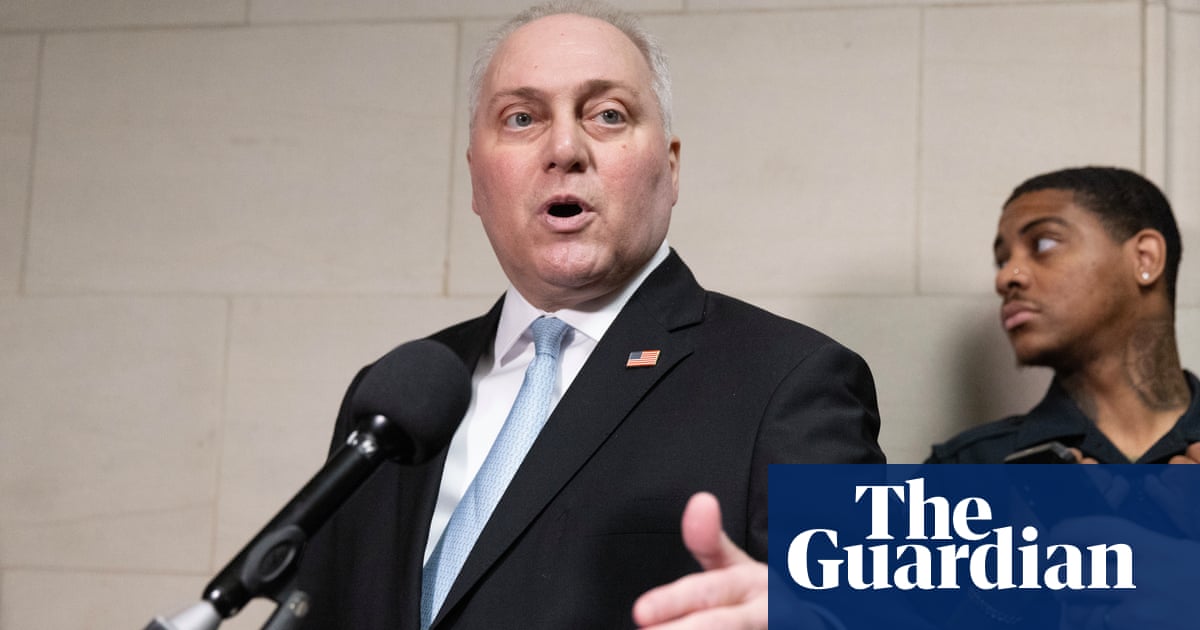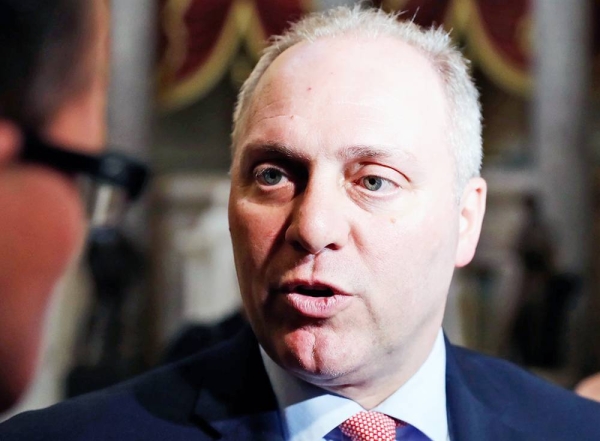
After a new session begins, the first order of business for the House of Representatives is to pick a speaker. For a century this has been a mere formality, with the party in power having enough organization and respect for the country to move swiftly on to other matters. But on Tuesday the Republican party broke this streak of basic competence, failing in three separate ballots to come up with the votes to install Kevin McCarthy, the presumed frontrunner, as speaker.
With the group of hard-right irreconcilables opposing McCarthy getting larger rather than smaller as the day went on, it quickly became clear that the wannabe speaker had no plan for breaking the deadlock. If he hoped that his opponents would eventually tire of symbolism and bow down to practical reality, he was mistaken – for a large group of Republican lawmakers, particularly those in the far-right Freedom Caucus, symbolism is the entire purpose of holding office. They came to Washington not to construct but to destruct, and taking down McCarthy is just the beginning.
The spectacle of a party unable to even decide who should lead it is illuminating to voters, and Democrats should certainly celebrate these Republican misfortunes. It was the Democrats’ surprisingly strong performance in the fall’s midterms which put Republicans in this position to begin with. Having only a thin majority in the House means that McCarthy can easily be held hostage by his party’s most far-right members – not a good look for a party already suffering from the perception that it is extreme and out of touch.
But Republican irresponsibility doesn’t just endanger the party’s own electoral prospects – it also endangers the country. America needs a functioning House of Representatives with a responsible speaker in order to discharge basic functions like funding the government and increasing the debt limit. The stakes are huge, and gridlock is not an option. The last shutdown cost the economy $11bn, and a failure to increase the debt limit could be even worse, leading to the US defaulting on its debt and shattering the global economy.
Yet it’s precisely these basic functions that Republicans want to either sabotage or weaponize, a process which could ultimately lead to the same result. Even the “moderate” Republican position represented by McCarthy is to refuse to raise the debt limit without spending cuts, and in any negotiation over the issue he would quickly become hostage to the Freedom Caucus. Some of its members have pledged to oppose any debt ceiling increase at all, while others demand unpopular cuts to programs like social security and Medicare in return. A government funding vote would come with similar demands. In both cases, the result is likely to be paralysis as the party struggles to achieve unity.
Another hazardous moment will be passage of the Farm Bill, which is due to be renegotiated in 2023. This bill, passed every five years, provides both subsidies to farmers and welfare programs for hungry families, and Republicans are looking to enact deep cuts in the latter. Nearly 40 million Americans use food stamps every year, and Republicans want to dramatically cut that number by scaling back the program or imposing work requirements. Once again, the result will be a game of legislative chicken.
These games will not end well for the country. In all of these cases there is a huge risk that a party that can’t even agree on who should be speaker will struggle to pass anything at all. The Republican majority is so thin, and their extremist members so nihilistic, that they are likely to prove incapable of fulfilling the country’s most basic needs. Whoever eventually becomes speaker will be on borrowed time, subject to being booted from office unless they go along with the Freedom Caucus’s demands. Because more moderate Republicans are unlikely to agree to what the right wants, the result will be paralysis – and economic chaos.
In lieu of governing, House Republicans will have other priorities – namely pursuing a series of ludicrous investigations into Hunter Biden, the treatment of insurrectionists after the January 6 riot, and “the weaponization of the federal government”, a catch-all phrase for what the right alleges is the politicization of the justice department and FBI. McCarthy has already agreed to give committee spots back to Marjorie Taylor Greene and Paul Gosar, both of whom were previously stripped of their assignments for engaging in violent rhetoric.
All of this goes to show that the Republican party’s problems with extremism extend far beyond the person of Donald Trump. Even if Trump were to step down from politics tomorrow, House Republicans would still spend the next two years mired in intractable ideological battles and shrill partisan investigations, with the most hardline and ludicrous members soaking up the media spotlight.
The Republican party will head into 2024 with its reputation for extremism and incompetence magnified. Americans can only hope that it doesn’t do too much damage to the country in the meantime.
Andrew Gawthorpe is a historian of the United States and the host of the podcast America Explained












